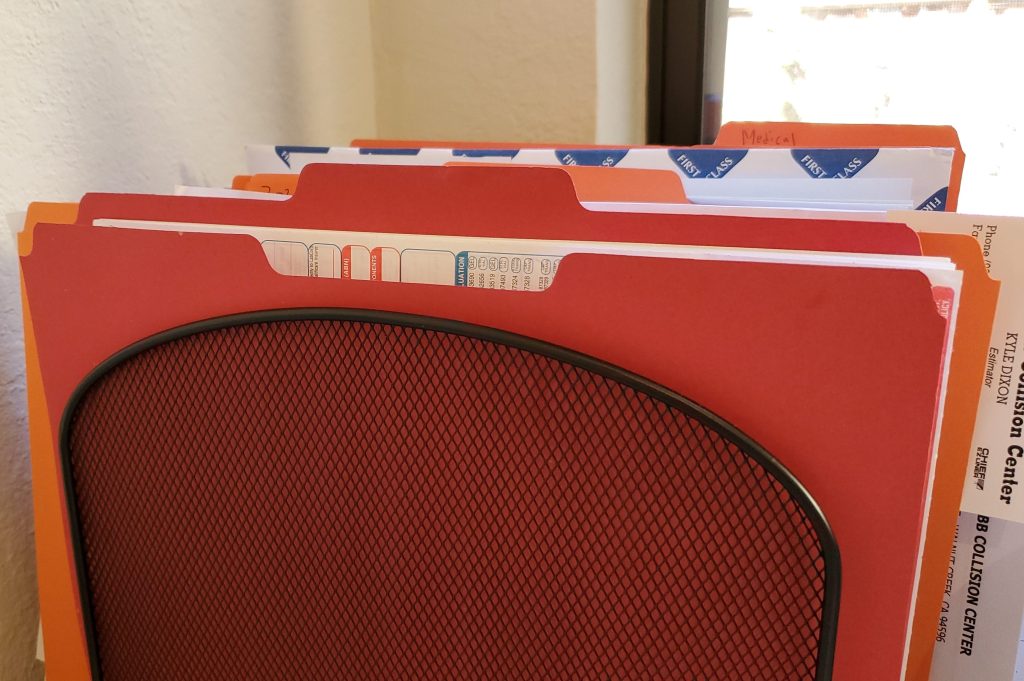The SEC announced charges against FlowPoint Partners, LLC, and its principal, Peter J DeCaprio, alleging they made materially misleading statements to investors about an important safeguard for four private funds that they managed and advised.
The parties agreed to settle the action, and the company and DeCaprio have agreed to pay a total of $290,000 in penalties.
According to the complaint, from about July 2020 through late 2023, DeCaprio and the firm – which manages and provides investment advisory services to at least four private investment funds – misrepresented to investors that the funds were audited annually by an independent auditor.
Although an auditor was taken on to audit two of the four funds, that auditor did not produce any audit reports, the SEC alleges.
The SEC also asked the court to enter an order requiring FlowPoint to take certain actions to improve and correct its disclosures.
The complaint says that FlowPoint and DeCaprio did not correct their ongoing misstatements to investors despite knowing that the funds were not actually audited by the auditor they had engaged.
FlowPoint and DeCaprio also allegedly breached their fiduciary duty to two of the funds they advised by failing to obtain annual audits for those two funds, as those funds’ organizational documents required.
By failing to operate those funds as they were required to be operated, the SEC said the defendants allegedly failed in their duty as investment advisers to those funds and operated a fraud on them.
Finally, the SEC alleged that FlowPoint and DeCaprio failed to establish, maintain, and enforce a written policies and procedures document that they were legally required to have. “FlowPoint failed to have policies designed to prevent the misuse of material nonpublic information by its business and persons associated with its business,” the SEC said, without going into more specific detail.
Relief requested
DeCaprio and FlowPoint were each in the business of providing investment advice concerning securities for compensation and were “investment advisers” for the purposes of the securities laws, the SEC notes in its complaint.
Those rules included SEC Rule 17(a)(2) governing misrepresentations or omissions in public disclosures and filings, and SEC Rule 206(4)-7, mandating the adoption of policies and procedures reasonably designed to prevent their supervised persons from violating the Advisers Act.
The SEC asked the court to permanently restrain the defendants, their agents, servants, employees, etc, from violating, or aiding and abetting violations of the SEC’s rules. And it asked that the court order each of them to to pay a civil penalty and to enter an order barring DeCaprio from serving as an officer or director of certain public companies.
The SEC also asked the court to enter an order requiring FlowPoint to take certain actions to improve and correct its disclosures.
Background
FlowPoint was founded in July 2020 and operated in Boston, Massachusetts, until June 6, 2023, when it moved to Fort Lauderdale, Florida. Since its inception, FlowPoint was an “exempt reporting adviser,” which means that it was not required to register with the Commission as an investment adviser because it relied on certain exemptions under the Advisers Act.
Even though FlowPoint was not registered as an investment adviser, it was required to file an annual report with the Commission using Form ADV, but it did not need to complete all items therein.
As of December 18, 2023, FlowPoint withdrew its Form ADV, is no longer an exempt reporting adviser, and is not filing reports with the Commission or any state regulator, the SEC said.
DeCaprio has been the managing member and the sole employee of FlowPoint since its inception.
Implications
US financial authorities continue to scrutinize private-fund managers – and April of this year was a particularly rough time period for them.
The SEC reached a settlement with hedge fund adviser Senvest Management LLC regarding failure to maintain and preserve its electronic communications in violation of its own policies and the SEC’s recordkeeping rules.
And the SEC announced a settlement with a private equity adviser, Wayzata Investment Partners LLC, alleging violations of the SEC’s pay-to-play rule for investment advisers.
And a federal jury found Matthew Panuwat liable for insider trading after the SEC sued him for using confidential information about a pending acquisition of his own employer to buy call options in a separate but similar company. That case was considered a seeming expansion of insider trading law to cover trading in related companies within a sector rather beyond restricting trading in a particular company that was restricted as a result of receiving potential MNPI.

















